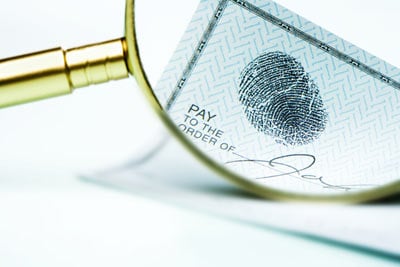The Future of Forensic Accounting: Trends and Predictions
Forensic accounting is a specialized field that combines accounting, auditing, and investigative skills to uncover financial fraud and other financial crimes. With the increasing complexity of financial transactions and the growing threat of cybercrime, the demand for forensic accounting services is on the rise. In this blog post, we will explore the future outlook for forensic accounting and the trends that are shaping the industry.
- Increased Demand for Forensic Accounting Services
As the global economy becomes more interconnected, the risk of financial fraud and other financial crimes is also increasing. This has led to a growing demand for forensic accounting services, as companies and organizations seek to protect themselves from financial losses and reputational damage. In addition, the rise of cybercrime has created new challenges for forensic accountants, as they must now investigate digital transactions and data breaches.
- Advancements in Technology
Advancements in technology are also shaping the future of forensic accounting. With the use of artificial intelligence and machine learning, forensic accountants can now analyze large volumes of financial data more quickly and accurately than ever before. This has led to the development of new tools and software that can help forensic accountants detect fraud and other financial crimes more effectively.
- Increased Collaboration with Law Enforcement
As financial crimes become more sophisticated, forensic accountants are increasingly working with law enforcement agencies to investigate and prosecute financial criminals. This collaboration is essential for ensuring that financial criminals are brought to justice and that the public is protected from financial fraud and other financial crimes.
- Growing Importance of Cybersecurity
With the rise of cybercrime, cybersecurity has become a critical concern for forensic accountants. As more financial transactions are conducted online, forensic accountants must be able to investigate digital transactions and data breaches to uncover financial fraud and other financial crimes. This requires a deep understanding of cybersecurity and the ability to work with cybersecurity experts to investigate and prevent financial crimes.
In conclusion, the future of forensic accounting is bright, with increasing demand for forensic accounting services, advancements in technology, increased collaboration with law enforcement, and growing importance of cybersecurity. As the global economy becomes more interconnected and the threat of financial fraud and other financial crimes continues to grow, the role of forensic accountants will become increasingly important in protecting companies and organizations from financial losses and reputational damage.

Post Comment